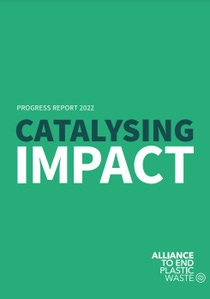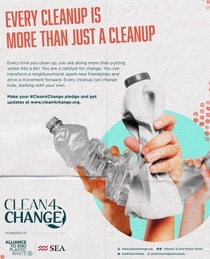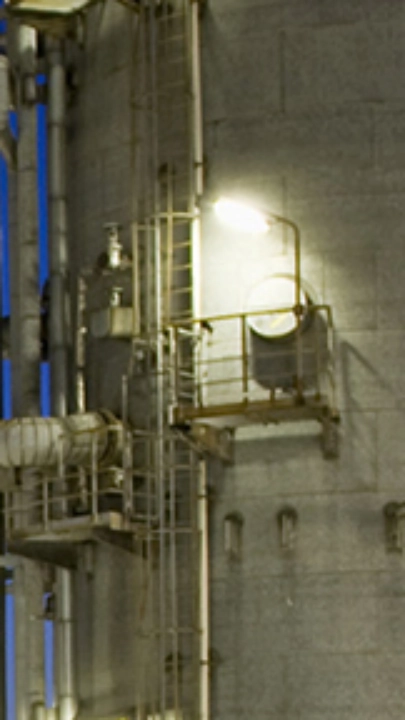Sustainability
BASF is a member of the global Alliance to End Plastic Waste
The Alliance to End Plastic Waste (AEPW) is made up of nearly fifty major global companies. They have committed over $1.0 billion with the goal of investing $1.5 billion over the next five years to develop, deploy and bring to scale solutions that will minimize and manage plastic waste and promote post-use solutions. These can be recycling, reuse and repurposing of plastic to keep it out of the environment. BASF supports this initiative as a co-founding member since a collaborative effort of companies, governmental and non-governmental organizations as well as civil society is necessary to address the global challenge of mismanaged plastic waste.

Plastics provide health, safety, sustainability and convenience benefits. They contribute to improving living standards, hygiene and nutrition around the world, especially in developing countries. But plastic waste does not belong in our oceans, rivers or anywhere in our environment. There are two challenges at the heart of the plastic waste issue: lack of adequate infrastructure and systems to collect and manage household and municipal waste, and that society does not recognize waste as a valuable resource.
Research by the Ocean Conservancy shows that plastics in the ocean predominantly originate from litter on land. Most of the plastic waste is spread through rivers and can be traced back to ten major rivers around the world, mainly in Asia and Africa. Many of these rivers flow through densely populated areas which have a lack of adequate waste collection and recycling infrastructure, leading to significant waste leakage. Once in the environment, it becomes difficult to capture. The AEPW will initiate actions where they are most needed.
BASF actively supports the four focus areas of AEPW:
- Infrastructure development to collect and manage waste and increase recycling
- Innovation to advance and scale up new technologies that make recycling and recovering plastics easier and create value from post-use plastics
- Education and engagement of governments, businesses, and communities to mobilize action;
- Clean-up of concentrated areas of plastic waste in the environment, particularly the major conduits of waste, such as rivers, that carry land-based waste to the ocean
The engagement of BASF in the alliance reinforces the company’s engagement for a responsible handling of plastics. One example of how BASF is working on innovative technologies that promote the recovering and recycling of plastics is its ChemCycling project. Together with its customers and partners, BASF developed and manufactured the first pilot products based on chemically recycled plastic waste.
The measures and activities of the AEPW commitment contribute to the achievement of several Sustainable Development Goals (SDGs):
- SDG 4 (Quality Education)
- SDG 6 (Clean Water and Sanitation)
- SDG 9 (Industry, Innovation and Infrastructure)
- SDG 14 (Life below Water)
- SDG 17 (Partnerships for the Goals)



